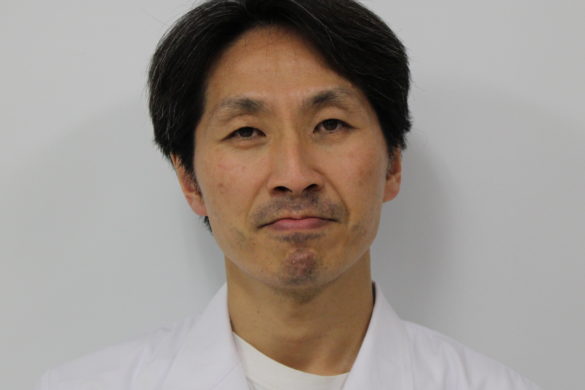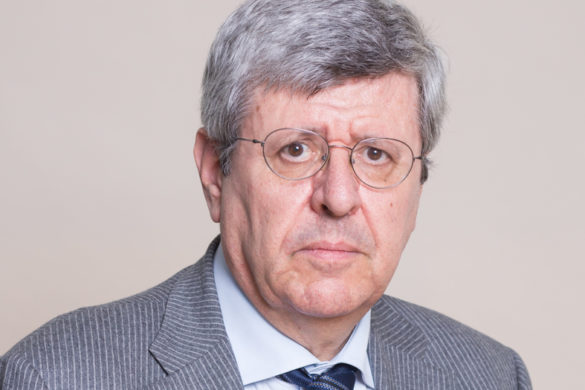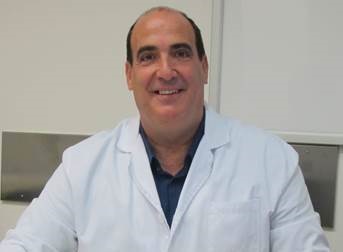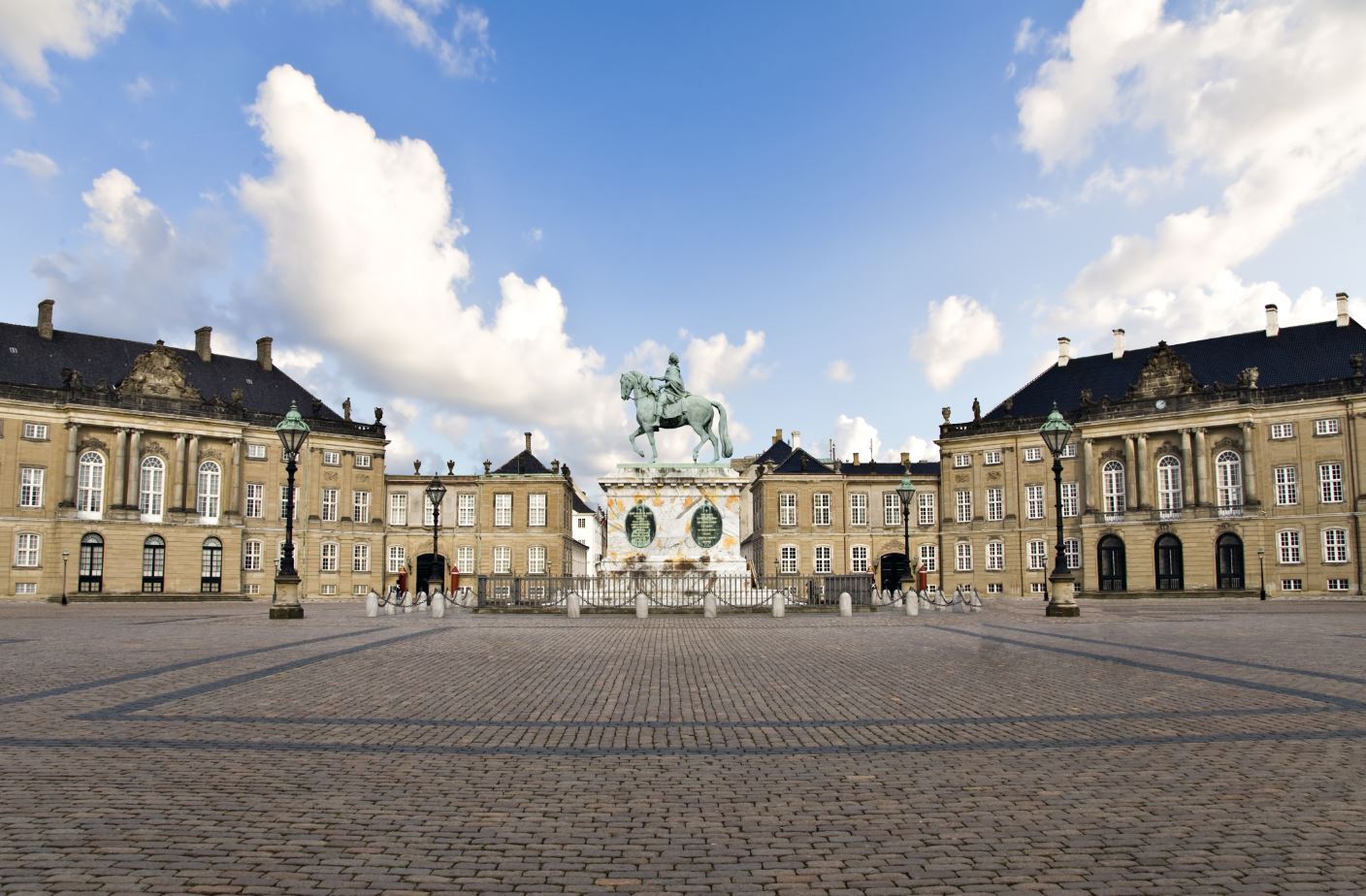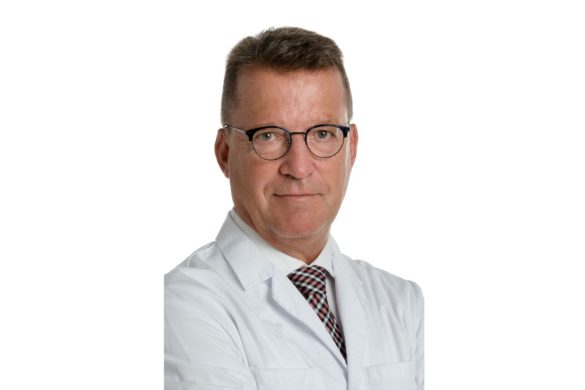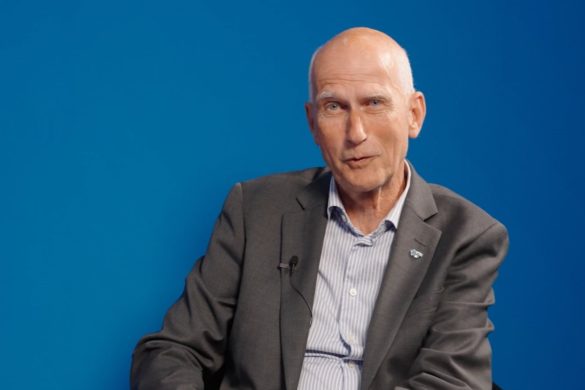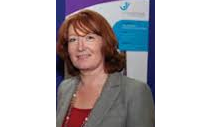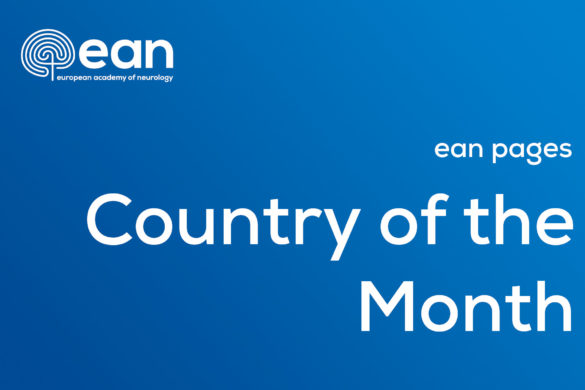
David B. Vodušek (DV): EFNS has been a founding member of EBC, and its successor EAN continues to be an actively involved member society. Nevertheless, many of our readers would appreciate to hear your views on what is EBC, its mission and how it gets this accomplished?
David Nutt (DN): The ultimate reason behind all EBC actions is to improve the condition of those living with brain disorders and to reduce prevalence of brain diseases all together. We realize it by advancing understanding of the healthy and diseased brain and by maintaining the constant dialogue between science & society. EBC has established its strategy on three main pillars: i) awareness raising & education, ii) improved treatment, prevention & health promotion, and iii) strengthened research. From this strategic outline come all EBC projects and activities. Crucial and underlying aspect of our work is an effective collaboration amongst member organisations within EBC in order to produce meaningful outcomes.
DV: Can you illustrate with an example how EBC’s actions have influenced a significant change at the European level with regard to Europe’s brain health?
DN: A concrete example of a joint success that EBC contributed to is the massive increase in public funding for brain research within the successive European Commission’s framework programmes (FP). Whilst the “brain” was allocated a mere € 115 million in a pre-EBC time under FP5, it has now reached the bar of € 3.1 billion under FP7.
We can of course not claim that the EBC was alone in this success given the continuous collaborative effort, from its member organisations and others, in raising awareness and advocating for more investment to address the burden of disorders of the brain. Yet EBC’s studies on the cost and burden of brain disorders have set a landmark in pointing to the importance of this area for Europe’s society.
This is what EBC is up to repeating with its current study on the value of treatment. (see below)
DV: EAN is actively involved in the EBC project “Value of Treatment”. Can you please illustrate to the EANpages’ readers the project’s main aims?
DN: The overall goal of the project is to provide policy recommendations on how to organise the health care system to respond better to the needs of patient living with a brain disorder.
Through emphasizing the treatment gap in the clinical pathway of selected brain diseases, we would like to identify the clinical interventions that are necessary to close this ‘gap’. And based on the socio-economic impact evaluation of this intervention, we shall demonstrate the cost effectiveness that these new models of care are likely to bring if implemented.
In doing so, it is crucial for EBC to have the full involvement of experts representing the perspectives from both patient and clinicians. In the context of the study, EAN is currently involved in 7 case studies – MS, PD, RLS, Epilepsy, Dementia, Headache, and Stroke and we are delighted to see this level of commitment.
DV: Several eminent scientific societies, patient associations as well as industry are members of the EBC. What is according to you the most important added value of this membership?
DN: EBC is a coalition. There is strength in the range of professional and patient groups represented, giving a clear mandate to the work of EBC and weight to EBC’s contribution. To our knowledge, there is no other European organization that can boast such a versatile and multi-leveled membership and we are recognized for that among key European Institutions and other global actors.
We are also pleased to see this support basis grow with time with new member organisations coming in.
DV: EBC has for years been building up national brain councils across Europe. Could you describe the present state of this project?
DN: Since EBC’s creation we visited over twenty countries to demonstrate each time EBC’s vision and added value through enhanced cooperation between different professions and fields at the national level. We have been now gradually shifting from expanding the network to strengthening it. With this in mind, EBC has organized NBCs Academies in Brussels in 2015 and 2016. Some of the concrete ways of enhanced cooperation include a possibility of applying for EBC Membership that we opened to NBCs as well as forming a task force to work towards developing National Brain Plans in interested countries.
DV: How do you see EBC in the future?
DN: This is undoubtedly a challenging question!
It is clear that, given the current context of financial restrictions and uncertainties as regards research funding, the EBC keeps a crucial role to play. Alongside the development of our current projects, we also ambition to open up new fields of work and advocacy and thereby give the organization ever more political weight in dealing with the EU institutions, member states or agencies. Given its nature, the EBC could also play a very important role in establishing itself as a consensus builder on some of the key issues that our community face in the development and availability of new therapies for the benefit of patients.
Prof. Nutt I thank you for this very informative interview and wish you and EBC further success.
David B. Vodušek, Chair, EAN Liaison Committee
More on Prof. Nutt can be found at: http://www.imperial.ac.uk/people/d.nutt





